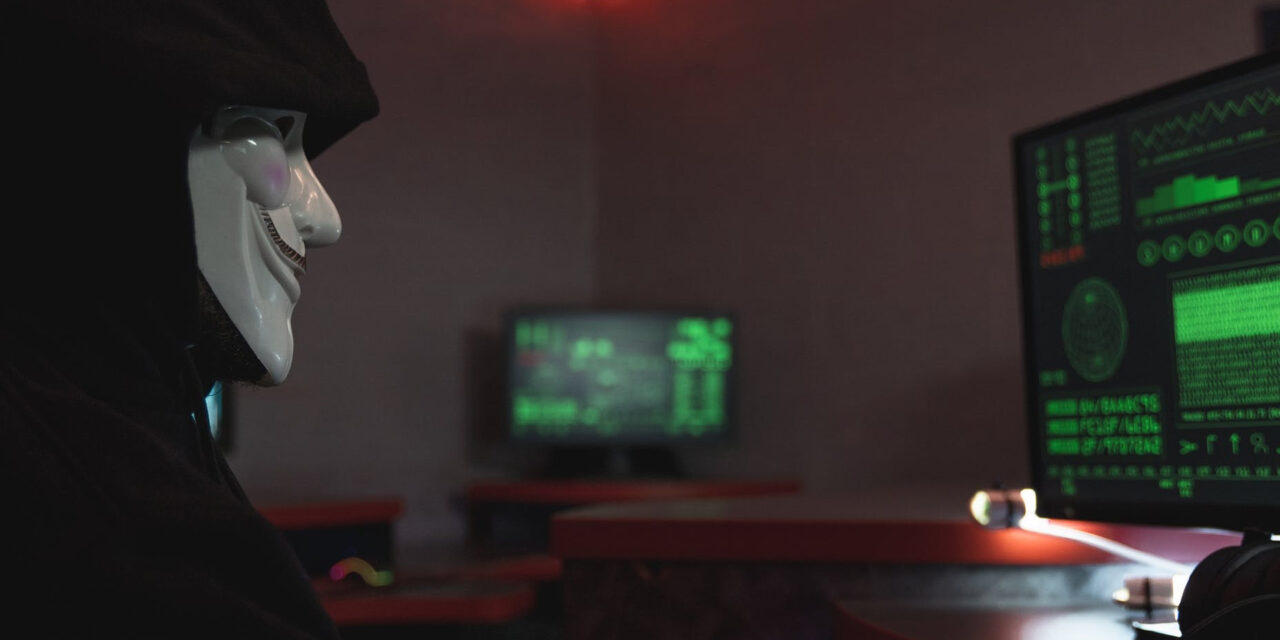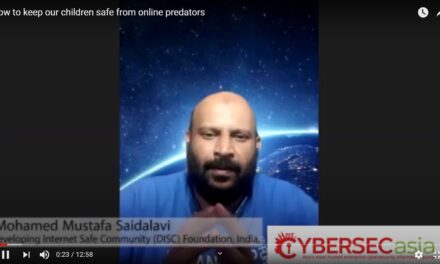Some quick cyber war statistics from one cybersecurity ecosystem, at a glance.
Wondering how the polarized cyber world is getting in on the Ukraine-Russia causes?
Data from the user ecosystem of Check Point Research (CPR) has the following statistics culled from real-time threat intelligence derived from hundreds of millions of sensors worldwide, over networks, endpoints and mobiles.
- 196% increase in cyberattacks on Ukraine’s Govt/Military sector
CPR has documented a 196% increase in cyberattacks in the first three days of combat, compared to the early days of February 2022. The same sector globally and in Russia did not show a similar increase. - 4% increase in cyberattacks on Russia
- In the past few days, CPR documented a 4% increase in cyberattacks per organization within Russia, compared to the same days in the previous week. In Ukraine, the overall amount of cyberattacks per organization increased by 0.2%. Other regions across the world experienced a net decrease in cyberattacks per organization.
- Phishing emails in the East Slavic Languages increase by 7x
CPR witnessed a seven-fold increase in malicious phishing emails in the East Slavic languages (Russia/Ukrainian letters). Additionally, a third of such phishing emails directed at Russian recipients had been sent from Ukrainian emails addresses, either real or spoofed. - Rise in donation fraud
The firm also witnessed fraudulent emails taking advantage of the situation in order to gain financial profit, luring the recipients to donate money to fake Ukrainian support funds.
Staying out of the cyber war
CybersecAsia.net readers who do not want to be dragged into the collateral damage can follow the numerous classes of cybersecurity best practices and sign up for our free weekly newsletter to stay-up-to-date.
At this heightened period of vigilance, be particularly wary of donation phishing emails, online ads and social media interactions. Be wary of unusual email attachments that can contain macros, executables and shortened URLs leading to malware-laden websites.
It may be a long shot, but while everyone’s vigilance is focused on threats linked to Ukraine/Russian elements, we may let our guard down against routine cyber threats online.

















